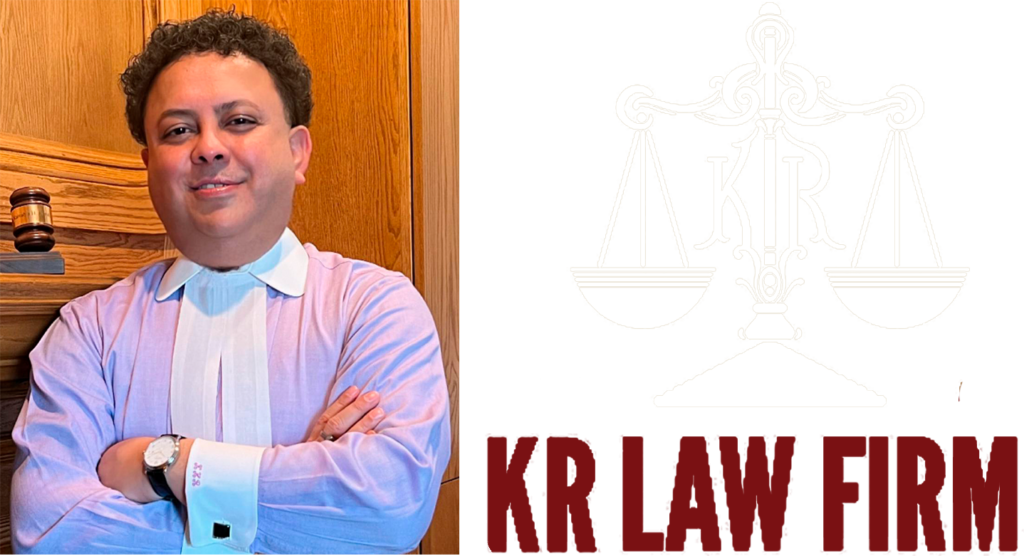Dream Act: Deferred Action (DACA)
Adjustment of Status
DACA Attorney
The Deferred Action for Childhood Arrivals (DACA) program, introduced by President Obama on June 15, 2012, through an executive order, provides a temporary reprieve from deportation for individuals who came to the U.S. as children. Whilst DACA is not codified in legislative law, it draws upon components of the DREAM Act.
Starting on August 15, 2012, the United States Citizenship and Immigration Services (USCIS) commenced receiving applications on Form I-821D for Consideration of Deferred Action for Childhood Arrivals, offering several benefits, including:
- Deferred action on deportation and removal proceedings for two years
- Authorization to work in the U.S. for certain undocumented workers
- Issuance of a Social Security card
- Potential eligibility for obtaining a state driver’s license.
Given the complexities involved, it’s crucial to seek guidance from a knowledgeable DACA lawyer to thoroughly explore your legal options and those available to your children. Since there’s no avenue for appeal if your application is rejected, it’s vital to ensure accuracy and completeness during the initial filing.
Are You Eligible For DACA?
Documentation proving your presence in the U.S., such as a birth certificate, school records, and military service records, are just a few of the necessary requirements for the application process.
Criteria for Deferred Action eligibility:
- Under the age of 31 as of June 15, 2012
- Entered the U.S. before 16th birthday
- Resided in U.S. continuously since June 15, 2007, up to present
- Physically present in U.S. on June 15, 2012, and at time of application
- Entered U.S. without inspection before June 15, 2012, or lawful immigration status expired as of June 15, 2012
- Currently enrolled in school, graduated or obtained a certificate of high school completion, obtained GED or were honorably discharged from U.S. Coast Guard or U.S. Armed Forces
- Not convicted of a felony, a “significant misdemeanor” or three or more other misdemeanors, or do not otherwise pose a threat to national security or public safety.
About the DACA Application
The DACA application comprises three forms (I-821D, I-765, I-765WS), and applicants undergo a background check. If you have a juvenile criminal record or other criminal convictions, seeking guidance from a skilled immigration lawyer is strongly advisable.
Strongly Discourage Working With Notarios
DHS processes tens of thousands of DACA applications every month. Unfortunately, many applications face delays or rejections. “Notarios” are not qualified lawyers. Protect your case by hiring an experienced immigration lawyer specializing in Deferred Action cases.
DACA Application Fee
The fee to apply for Deferred Action for Childhood Arrivals (DACA) is $495. This applies to both new applications and renewals. Payments must be made via money orders, cashier’s checks, or personal checks payable to “U.S. Department of Homeland Security”. Do not use any abbreviations. Fee exemptions may be available for eligible individuals.

